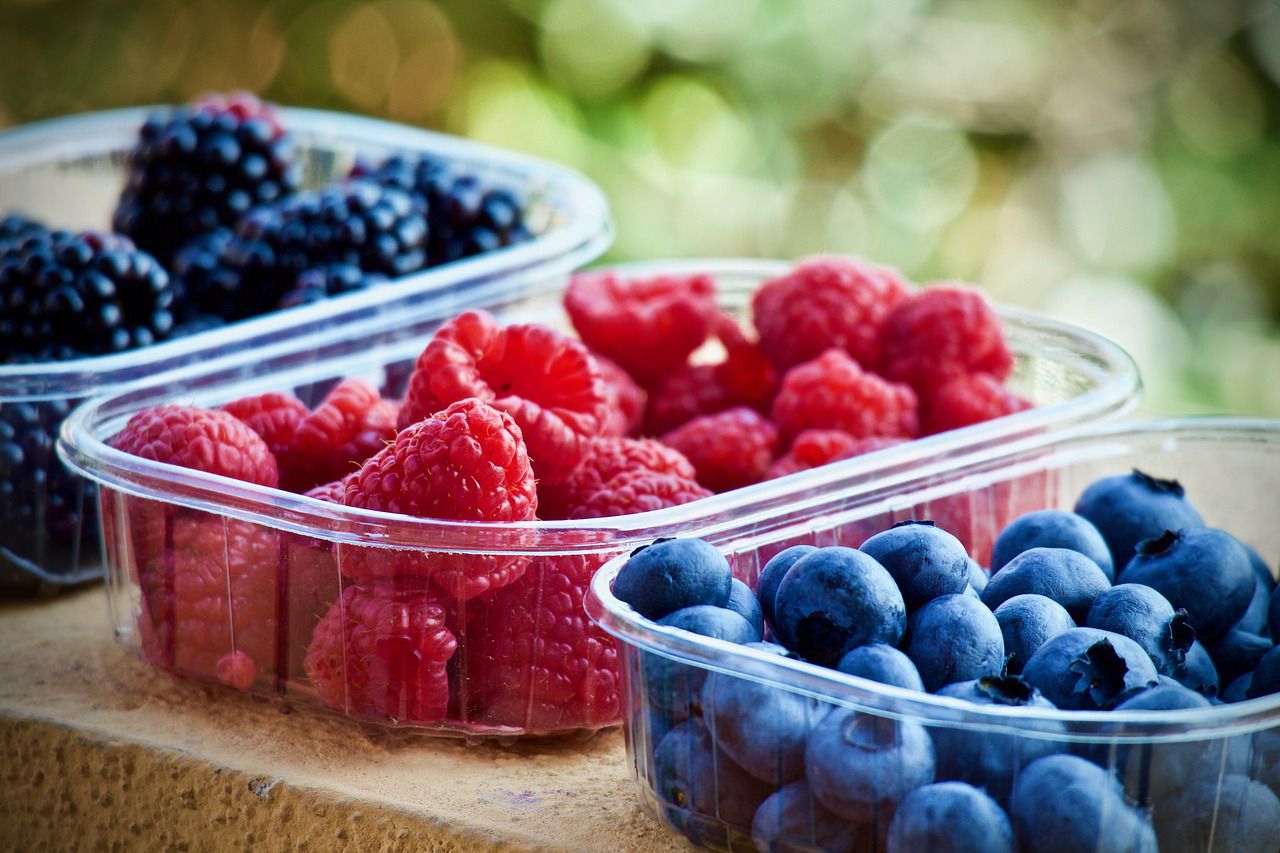Berries that are the least prone to pests: Choose your plants wisely
Berries that are the least prone to pests typically possess natural defenses that make them more resistant to insect damage.
These natural defenses may include compounds with deterrent properties or physical characteristics that make them less appealing to pests.
Here are some berry varieties that are relatively less prone to pests.
Blueberries
Blueberries have a thicker skin and are less attractive to many pests due to their natural compounds, such as tannins and anthocyanins.
However, some insects like blueberry maggot or birds may still pose a threat to blueberry crops.

Blackberries
Blackberries have a tougher outer skin and contain compounds like salicylic acid, which have pest-repelling properties.
However, they may still be vulnerable to certain pests, such as aphids and spider mites.
Raspberries
Raspberries have a waxy coating on their surface that acts as a natural deterrent to some pests.
While they are relatively less prone to pest damage, they can still attract fruit flies and some other insects.
Gooseberries
Gooseberries contain natural compounds like anthocyanins and tannins, making them less appealing to certain pests.
However, they may still face challenges from aphids and sawfly larvae.
Elderberries
Elderberries have a strong and unique flavor that may be less attractive to some pests.
Their natural compounds, such as anthocyanins, contribute to their relative resistance to pests.
